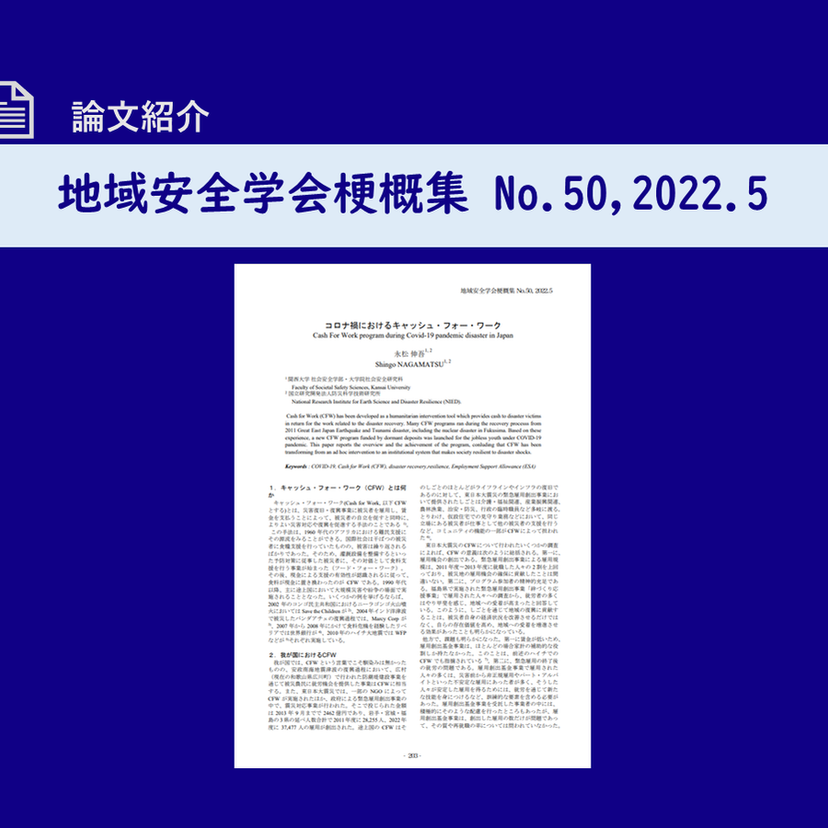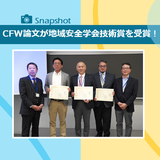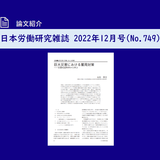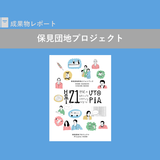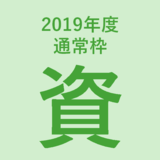コロナ禍におけるキャッシュ・フォー・ワーク
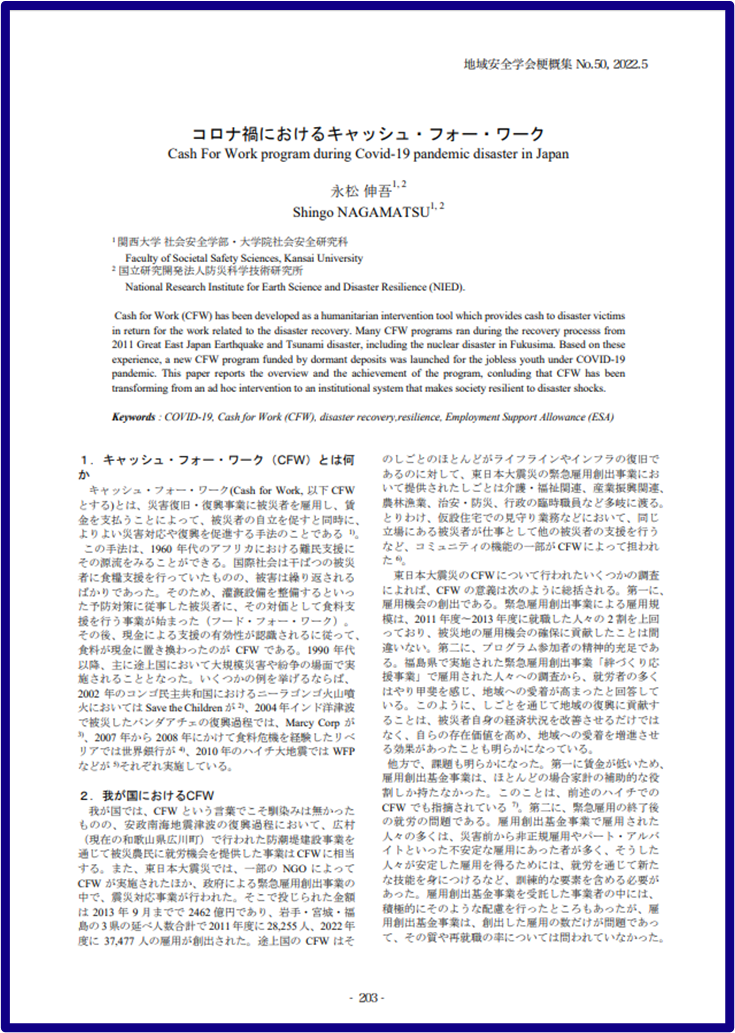
【著者】
永松 伸吾
【要約】(論文より引用)
Cash for Work (CFW) has been developed as a humanitarian intervention tool which provides cash to disaster victims in return for the work related to the disaster recovery. Many CFW programs ran during the recovery processs from 2011 Great East Japan Earthquake and Tsunami disaster, including the nuclear disaster in Fukusima. Based on these experience, a new CFW program funded by dormant deposits was launched for the jobless youth under COVID-19 pandemic. This paper reports the overview and the achievement of the program, conluding that CFW has been transforming from an ad hoc intervention to an institutional system that makes society resilient to disaster shocks.
【キーワード】
COVID-19, Cash for Work (CFW), disaster recovery,resilience, Employment Support Allowance (ESA)
【要約(日本語)】
Cash for Work (CFW) は、災害復興に関連する労働と引き換えに、被災者に現金を提供する人道的介入ツールとして発展したものである。2011 年の東日本大震災と福島での原子力災害からの復旧過程では、多くの CFW プログラムが実施されました。これらの経験に基づいて、休眠預金を資金源とする新しい CFW プログラムが、COVID-19 パンデミック下の失業中の若者のために開始された。本稿は、そのプログラムの概要と成果を報告するとともに、結論としてCFW が緊急時の一時的な介入手法ではなく、社会を災害に強いものにする制度的システムへと変化していることを主張する。
